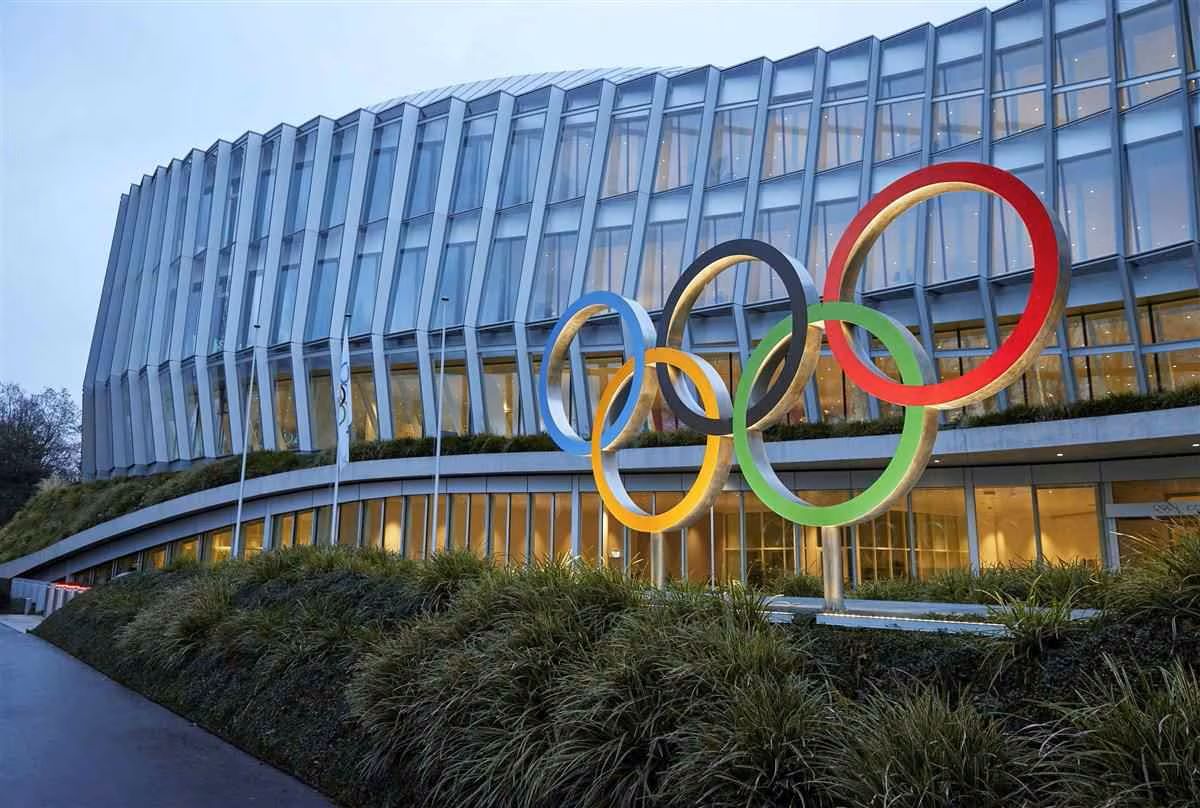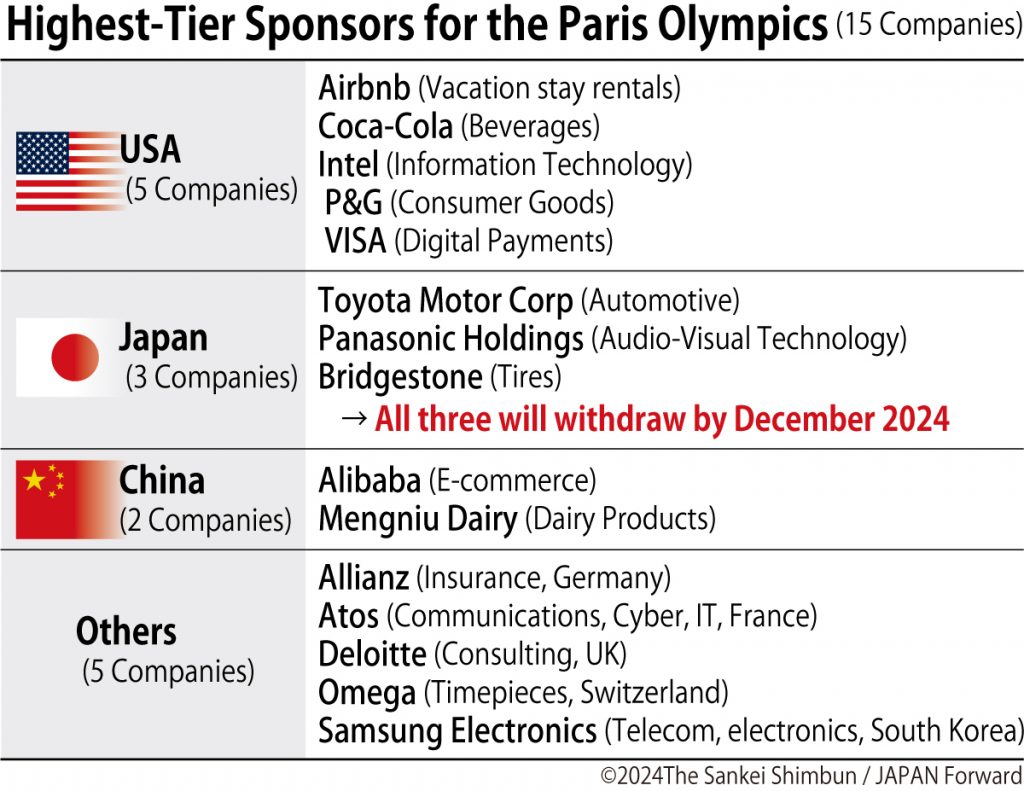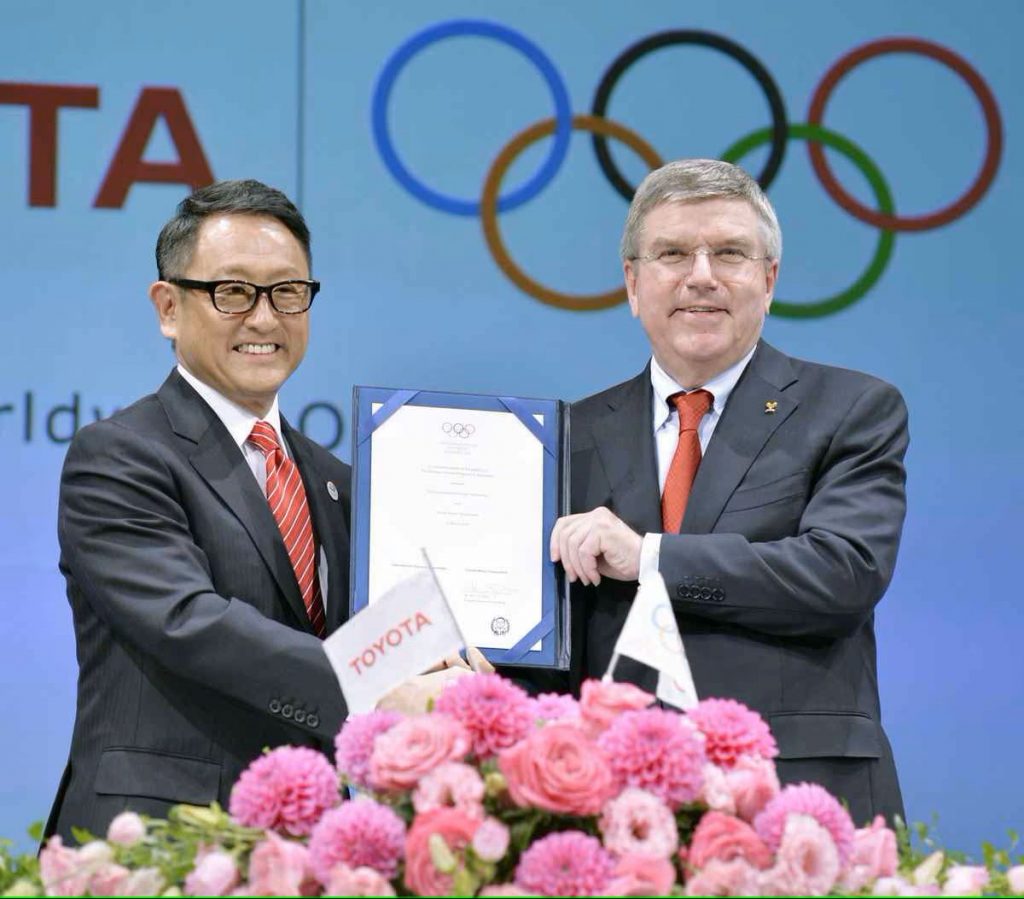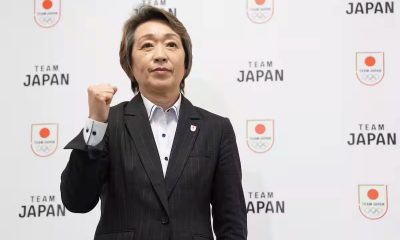
Japanese companies will vanish from the list of top-tier Olympic sponsors. First, Toyota Motor Corporation and Panasonic Holdings decided not to continue as sponsors. Following them, Bridgestone officially announced on October 1 that it would end its contract with the International Olympic Committee (IOC).
Is this a sign of Japan's declining economy, which now ranks fourth globally in nominal GDP? Experts suggest it may also reflect broader changes in the Olympic sponsorship landscape.
Three Major Sponsors Withdraw
Olympic sponsorship is divided into four levels. The highest tier, called Worldwide Partners, includes companies that sign direct contracts with the IOC. Unlike lower-tier sponsors, which partner with the local organizing committee, Worldwide Partners are typically sole representative of their industry.
At the Paris Olympics held in July and August, top-tier sponsors included global giants like Coca-Cola (United States), VISA (US), and Samsung Electronics (South Korea). Japan had three companies in this elite group, second only to the United States, which had five.
However, in September and October, three major Japanese companies announced plans to end their Olympic sponsorship contracts. This move might open the door for competitors, but there is a bigger message.

Munehiko Harada, President of Osaka University of Health and Sport Sciences, is a sports management expert. He views it as a natural development. "These companies likely no longer see the Olympics as essential to their branding strategy," he explained.
Why did they withdraw? Panasonic Holdings, a sponsor since 1987, cited shifts in the business environment as the reason for ending its contract. Bridgestone, which became a sponsor in 2014, mentioned a renewed focus on motorsports and a return to its core business. While these reasons are notable, Toyota's decision seems to address a more fundamental issue.
Questioning Political Influence
At the September US National Dealer Meeting, Toyota Chairman Akio Toyoda remarked, "I couldn't see how continuing our sponsorship would truly help athletes achieve the impossible."
He later expanded on this point on the company's website, highlighting issues like event timing and scheduling. "Is this really 'People First' for the athletes?" he asked, expressing concerns about growing political influence. "It made me question whether this is the right path."

According to insiders, Toyota contributed ¥130 billion JPY (about $872 million USD) over a 10-year period. In addition, Toyota provided vehicles and other goods.
The return on investment, however, varies significantly between sponsors. "For Coca-Cola, for instance, their products are sold exclusively at the venues, so they benefit from direct sales. VISA is the exclusive payment method accepted. But tires and cars aren't sold at the venues, so it's no surprise Toyota didn't find the investment worthwhile," explained a source.
Will Other Sponsors Step In?
Who will step in to fill the gap? There is precedent for such situations. When Western sponsors withdrew from the FIFA World Cup due to corruption scandals, Chinese companies stepped in to relieve financial pressure. However, insiders believe China's current economic climate may not allow for such a rescue this time around.
"The Olympics are no longer the only global platform for showcasing brand power," says Harada. The trend of commercialization began with the 1984 Los Angeles Games, and the next Olympics will return to Los Angeles in 2028.
Harada warns, "The Olympics have strayed from their original mission of promoting peace and preventing war. Only sponsors with direct financial interests will stay involved. It's time to end the outdated, privileged business model of the so-called 'Olympic aristocracy.' "
RELATED:
- OLYMPICS | Japan Prepares for Safe and Secure Tokyo 2020 Through Advanced Technology
- [JAPAN SPORTS NOTEBOOK] Rio Takeda Continues to Shine on the JLPGA Tour
- EDITORIAL | How Toyota Invests Record Profits Can Propel the Economy
(Read the report in Japanese.)
Author: The Sankei Shimbun

Nagoya Basho Tournament Records
| Day | Opponent | Result |
|---|

Horse Racing
Arima Kinen Preview: The Final G1 Race of 2025






















You must be logged in to post a comment Login